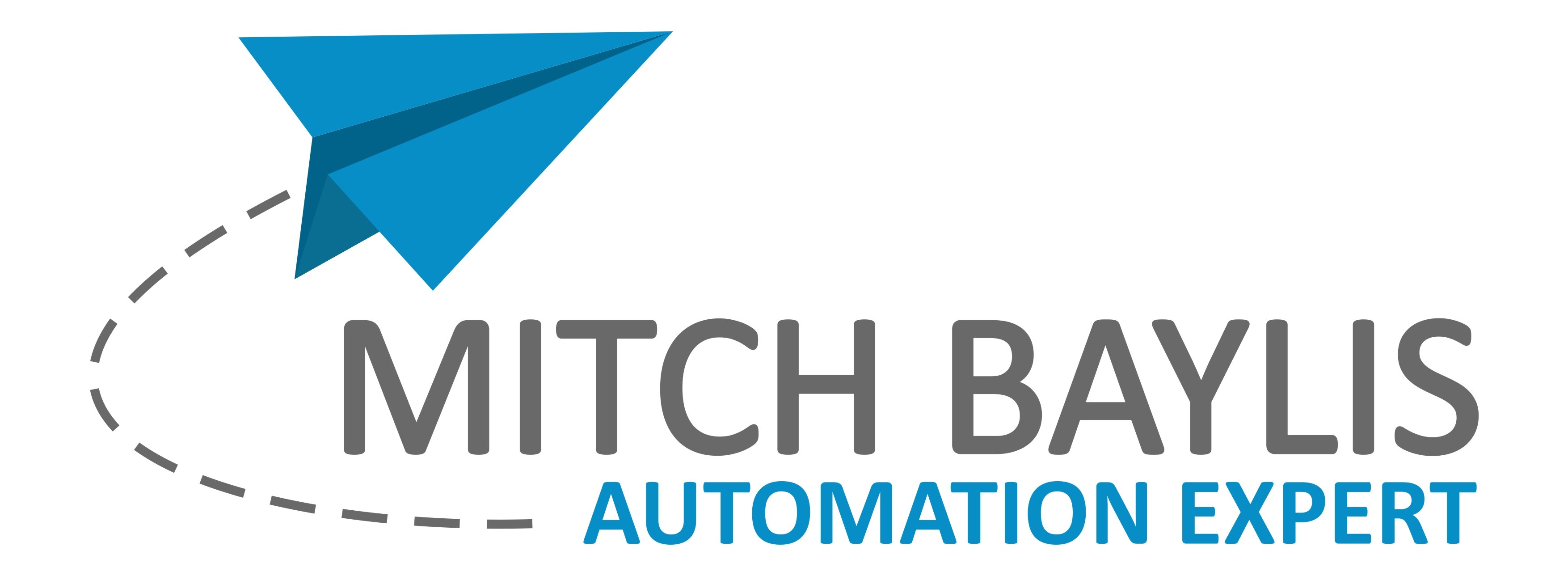🚀 In the ever-evolving landscape of business automation, choosing the right tools can make or break your workflow efficiency. For months, I recommended Calendly to my clients. However, I recently made the switch to Acuity Scheduling, and here’s why you might want to consider doing the same.
Calendly’s API Woes 😖
Using Calendly, I encountered a significant issue: when clients scheduled a call, their contact information often ended up in the wrong fields in my ActiveCampaign CRM. For example, notes would show up in the phone number field. Initially, I thought it was a mapping issue with Zapier, but the mapping was correct. The real problem? Calendly’s API only maps fields that are not blank, causing a domino effect where all subsequent fields shift up if one is left empty.
Why This Matters 📞
In a business setting, accurate data mapping is crucial. The workaround Calendly suggested was to make all fields required, which is impractical. Clients often leave fields like phone numbers blank, especially if they prefer communicating via Skype. This led me to look for a more reliable scheduling platform.
Enter Acuity Scheduling 🌟
Acuity Scheduling emerged as the best alternative. Here’s why:
- Robust API: Unlike Calendly, Acuity’s API maintains the order of fields, ensuring that answer one always maps to question one.
- Customization: You can easily customize your forms and even use custom CSS for further tweaks.
- Advanced Features: From multiple calendars and appointment types to group events and upsells, Acuity offers a wide range of functionalities.
The Magic of Acuity Forms 🧙♂️
Acuity’s forms are a game-changer. The API handles multiple forms seamlessly, and you can capture additional information like UTMs for better tracking. This is invaluable for targeted marketing and analytics.
Additional Perks of Acuity 📈
Acuity comes packed with features that make it ideal for consultants and service providers:
- Multiple Calendars: You can have different calendars for new and existing clients, each with its own availability settings.
- Rooms and Resources: Perfect for businesses that need to manage shared resources, like photographers or yoga studios.
- Packages and Gift Certificates: Great for selling bulk appointments or offering subscriptions.
- Integrations: Acuity integrates with Google Analytics, Zoom, ActiveCampaign, and more. Its API allows for extensive customization, making it a versatile tool for business automation.
Why Acuity Outshines Calendly 🌟
While Calendly has its merits, it falls short in several areas:
- API Limitations: Calendly’s API is restricted, offering only basic webhooks for event creation, rescheduling, or cancellation. In contrast, Acuity allows you to create, edit, and manage events extensively.
- User Management: Calendly restricts a user to one organization, making it cumbersome for developers and salespeople who often work across multiple accounts.
- Cost-Effective: Acuity’s pricing is competitive, starting at just $15 a month for robust features that far outweigh what Calendly offers.
Final Thoughts 💡
If you’re currently using Calendly, switching to Acuity can save you a lot of headaches and streamline your scheduling process. With its superior API, extensive customization options, and advanced features, Acuity is a fantastic choice for anyone looking to optimize their business automation.
Need help with your business automation? Click the button below to schedule your free call today! 📞
Don’t forget to like this post and subscribe for more helpful tips and insights! 👍
Recent Posts
Zapier vs. Make.com: Which Business Automation Tool is Right for You?
Hey there, automation enthusiasts! 🚀 Today, we’re diving into a face-off between two business automation giants: …
Why I Switched from Calendly to Acuity: A Comprehensive Guide to Better Business Automation
🚀 In the ever-evolving landscape of business automation, choosing the right tools can make or break …
Master Bubble.io: Fixing Repeating Group Issues with Nested Elements
Hey there, fellow Bubble.io enthusiasts! Are you struggling with nesting elements within repeating groups? 🤔 You’re …



